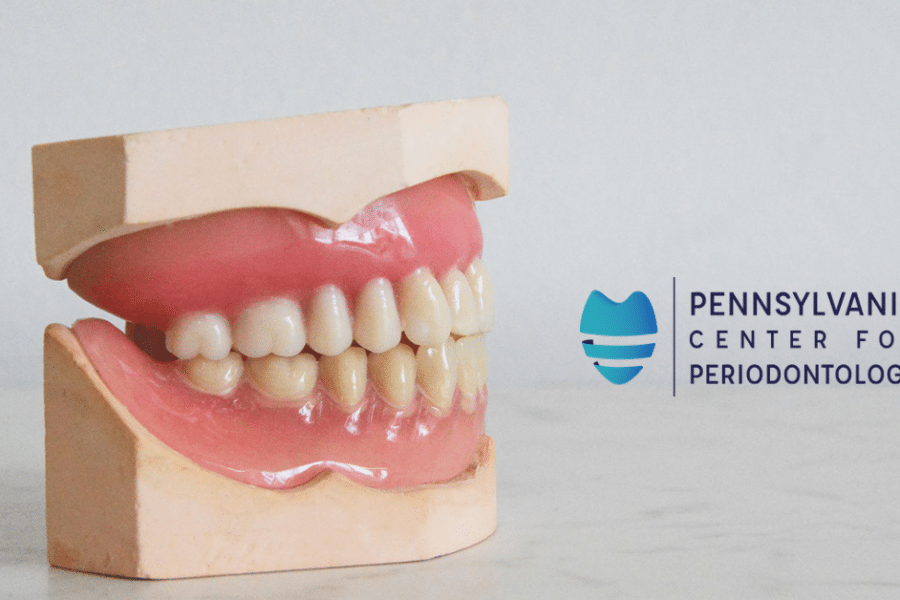Gum disease is a mouth infection that afflicts more than half of adults over the age of 30 in America! It is a serious infection that can not only lead to tooth loss but can also affect your overall health as well. What is even worse is that many don’t even realize they have it because common myths about gum disease make them believe their gums are fine.
The first step to making sure your gums are healthy or not is to sift through six common myths.
I CAN’T HAVE GUMS DISEASE BECAUSE:
- My Gums Don’t Hurt.
Think of the disease as a silent health problem like high blood pressure. Just as you may feel fine but have high blood pressure, you may not have mouth pain but have gum disease. Often, by the time you feel pain with gum disease, it is too late because the infection is very severe. That is why knowing the early signs is important.
- My Gums Only Bleed if I Brush Too Hard.
Healthy gums will not bleed when you brush and floss. Bleeding, even a little ‘pink in the sink’ is a sign that harmful bacteria is housing in and around your gums. Bleeding is a sign of inflammation and some level of gum disease.
- I’m Too Young to Get It.
Although about 65 million Americans over the age of 30 have gum disease, younger people can still be at risk. Younger adults, including teenagers, can have the disease especially if they have certain risk factors like poor home care, lack of dental visits, braces, or have health issues that put them at risk.
- I Have Never Had a Cavity.
If you are lucky enough to have never had a cavity, don’t be fooled into believing that your gums are immune to problems. This is because the bacteria that causes tooth decay is different from the bacteria that causes the disease. Sometimes, if you don’t have cavities, it may be that you actually have more of the gum-attacking bacteria. So, good home care and regular dental visits are still important even if you have great teeth.
- I Have Good Brushing & Flossing Habits.
Yes, good home care is important. But you may have other risk factors such as smoking, diabetes, taking certain medications, having a family history of gum disease, and even stress that could increase your chances for the disease even if you are a good brusher.
- I Had Gum Treatment Before So I’m Okay
Past gum treatment may have helped your disease but if you have not maintained your gum health with more frequent cleaning, excellent home care, and professional monitoring of your gums, you may be at risk for gum disease again. Gum disease is caused by bacteria that forms in your mouth daily. Once you have had the disease, you are always vulnerable to reinfection. So, that is why periodontal maintenance is so important.
The bottom line is that even if your gums feel fine, you may be at risk for the disease, which can be a serious infection that causes tooth loss and health problems. That is why knowing your risks of gum disease is the first step to preventing a big problem with your gums.
